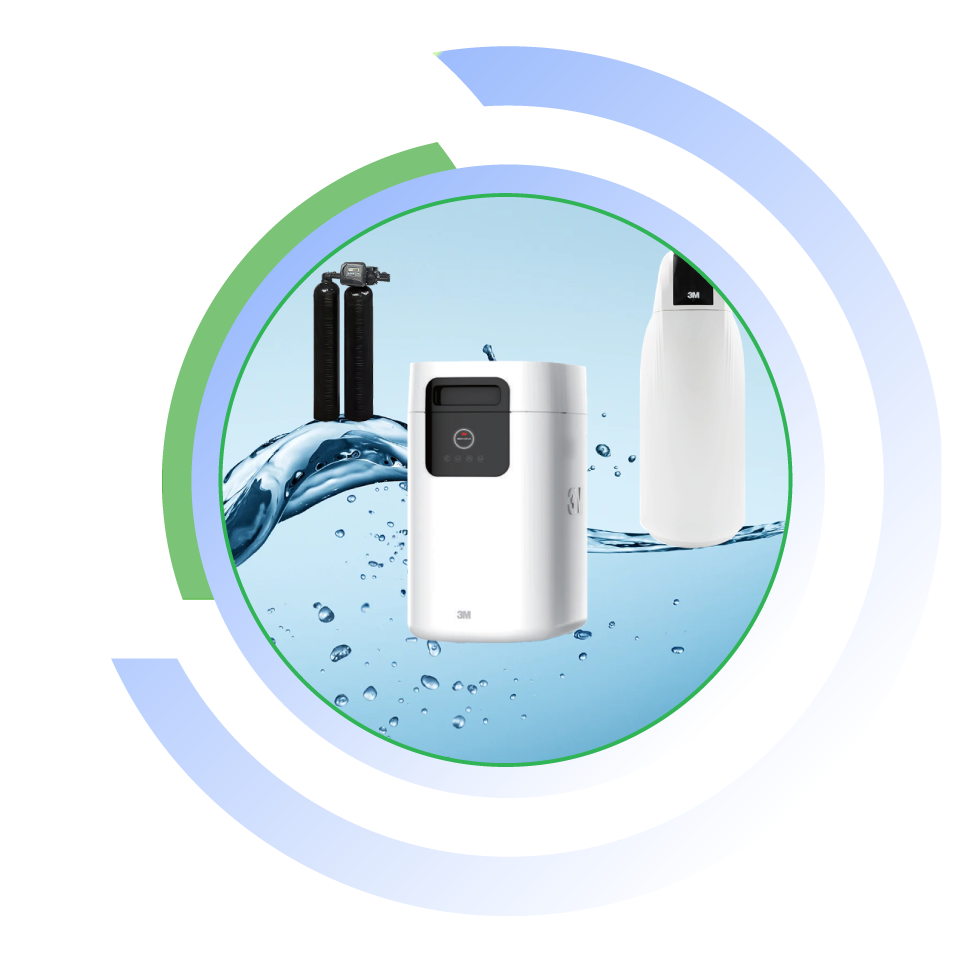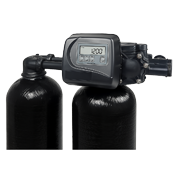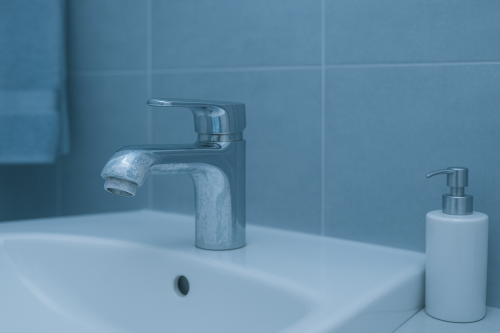Does Hard Water Cause Limescale?  The Myth and the Fact
The Myth and the Fact
Hard water is a primary cause of limescale deposits in domestic situations, building up in plumbing, appliances, and surfaces wherever water that is rich in minerals flows or is heated.
What is Hard Water?
Hard water has high levels of minerals, which are mainly calcium and magnesium salts that water picks up as it travels through limestone and chalk rocks. The presence of the minerals makes water hard with varied hardness levels in different areas based on local geology.
How Does Hard Water Create Limescale?
When hard water is heated or evaporated, the dissolved minerals separate from it in the form of a hard, white chalky substance that is usually referred to as limescale. This deposit is primarily composed of calcium carbonate and sticks to surfaces like kettles, boilers, pipes, and tiles. The precipitation process speeds up when water is heated, which is why limescale causes more issues in water heaters and appliances.
Signs and Effects of Limescale
The most frequent indication of limescale in a house are:
- White, chalky formations on showerheads, faucets, and tiles.
- Decreased appliance efficiency and lifespan for washing machines and dishwashers
- Decreased efficiency of plumbing system and higher maintenance cost
- Poor lathering of soap and detergents as a result of mineral interference.
Limescale also leads to increased energy costs, as appliances have to work harder to heat water past the insulating layer of minerals.

Temporary vs. Permanent Hardness
There are two main forms of water hardness:
- Temporary hardness, produced by bicarbonates, is eliminated by boiling.
- Permanent hardness, produced by the sulphates and chlorides of calcium and magnesium, cannot be removed by boiling..
Both forms lead to limescale, but temporary hardness is responsible for the well-known scum in kettles and water heaters.
Prevention and Solutions
Daily cleaning is only a temporary fix for limescale deposits, while permanent solutions include water softening equipment. These machines minimize mineral content, which inhibits scale formation and shields appliances, pipes, and surfaces. Salt-based models are available, along with models that are environmentally friendly and do not employ salt.
Conclusion
Hard water is literally “responsible” for limescale buildup, affecting residences and commercial enterprises wherever untreated water is heated or evaporated. The adoption of preventive systems like water softeners can make a huge difference in minimizing maintenance inconvenience and enhancing efficiency in the home. Vero India with expertise about 15 years on fluid management and water treatment solutions partnering with 3M the expert in the marketing provides end to end solutions to all your water needs.

